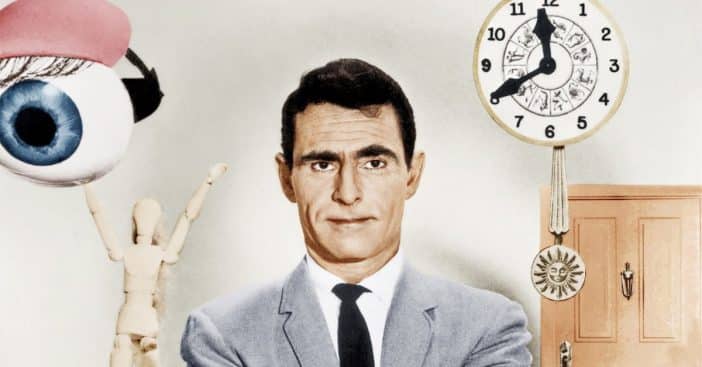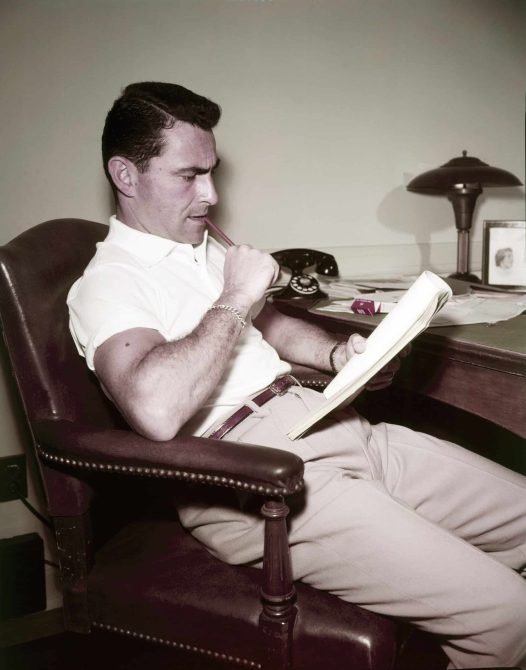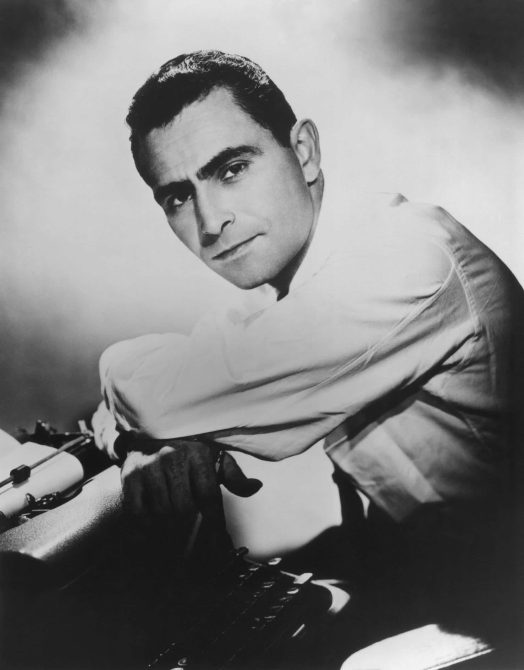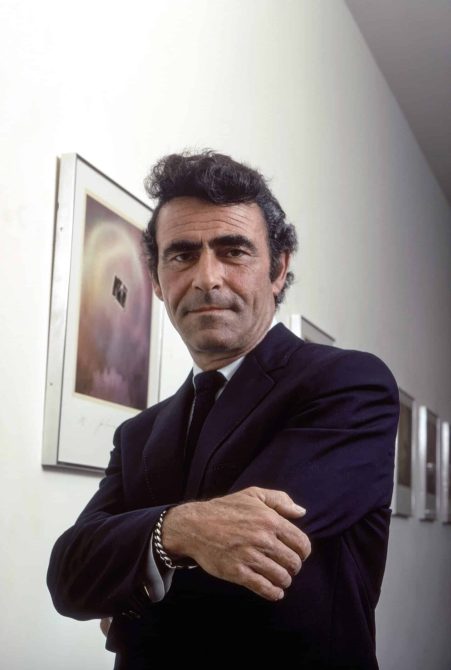
Rod Serling is best known for his role as the creator and charismatic host of the enduring and iconic anthology television series The Twilight Zone. One of the most intriguing and memorable aspects of the series is the distinctive narration and introductions. Serling’s captivating storytelling abilities and his knack for providing profound context and philosophical depth became an enduring hallmark of the show, adding an extra layer of intrigue and anticipation for the audience.
Marc Scott Zicree’s non-fiction book The Twilight Zone Companion, which delves into the show’s behind-the-scenes history, has shed light on a different side of Serling’s life. The book also detailed that despite Serling’s oratory prowess, he faced a significant problem narrating The Twilight Zone.
Rod Serling had a hard time while narrating ‘The Twilight Zone’

The Twilight Zone marked a pivotal transition in Serling’s career. The two-time Primetime Emmy Award winner had primarily been the writer of the show and provided narration at the start and conclusion of each episode, but as the series entered its second season, he found himself burdened with the additional responsibility that extended beyond his writing duties as he began appearing as on-camera host.
RELATED: Why Rod Serling Apologized To Carol Burnett After Her ‘Twilight Zone’ Episode
Zicree noted in his book that the new development took a toll on Serling as he was more comfortable behind the scenes. “Rod was a very nervous man before the camera,” the author wrote. “When he had to do his lead-ins, he would go through absolute hell. He would sweat and sputter and go pale. He was terribly ill at ease in front of the camera.”

The director employed several gimmicks to get him to perform on-screen
Due to Serling’s shy nature, it wasn’t easy to get him to deliver his lines on the set. However, Zicree revealed that the director, Lamont Johnson, and his crew had to employ several gimmicks to get Serling to give a worthwhile performance.

“I’d clown around with him and roll the camera without letting him know, and I’d say, ‘What was that you said?’ And he would sort of snap off the thing at me as though, ‘Smart ass, I’ll show you,'” Zicree quoted Johnson. “The crew was with me on that; they’d shut up and be quiet, otherwise we’d never get a take under those circumstances.”
